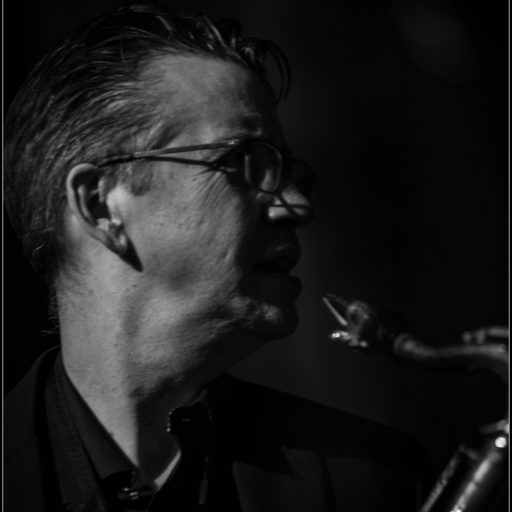Several things happened recently that are making me take stock, reassess, and evaluate the state of my career. I was asked for a bio for the program for the NJAJE State Jazz Festival preliminary competition which I am adjudicating this week at five different locations throughout New Jersey. (You can see the result of my bio writing efforts at http://mikeleejazz.com/bio.) Writing a bio can be a painful process for a neurotic jazz musician. I’m not saying I’m neurotic, but I definitely find the process uncomfortable and neurosis could explain a lot – to someone who doesn’t know me well that is.
All kidding aside, I do feel that writing a bio, if done with integrity activates many uncomfortable self definitions from the past. I remember including associations in my earliest bios that included musicians who had been a guest artist with a college band that I played in. Including guest artists from college concerts is common practice, I know, but one that felt like cheating. Then there’s the gray area of including someone that I’ve hired on a gig, that didn’t hire me. Yeah, I’ve played with that person and gained experience from that interaction, but that’s not the same as getting hired by that person. Then there’s the shady practice of including someone in a resume whom I’ve worked as a member of a large ensemble backing someone who had nothing to do with hiring me and maybe didn’t even meet me. So as each of these somewhat dubious inclusions were dropped from each updated revision of my bio to be replaced by more authentic working credits, there was a sense of relief that my sited relationships are more direct and only placed in my bio because each of these artists has directly and repeatedly hired me.
And it’s all to create a story. A somewhat lengthy bio with authentic associations is nice. It helps to get work. I went through a lot of years and rejection and embarrassment to get certain gigs and then learned how to prepare and execute on those gigs to receive return invitations. Between the time I developed the ability to get desirable calls and the time I developed the ability to consistently get called back for a second, there were a lot of “one and done” gigs, and consequently a lot of names on my earlier bio renditions which represented one gig. So now I am able to put a bio together of people who know who I am and have called me for multiple gigs, and while logic would suggest that my insecurities and bad feelings about the process would dissolve – here they are.
Before I continue, I must stipulate that your continued interest in the inner madness of my very twisted sense of self in no way establishes you, the reader, as my official counselor, therapist, or other mental health professional. While I appreciate your kind attention, you will not be paid for the service regardless of your credentials.
What’s happening here? I’m blogging that’s what’s happening. For quite sometime I’ve been journaling, well actually for my entire adult life I’ve been journaling. I have read exactly none of my old entries – well almost none. In the past year and a half I’ve written in an online, but private journal that tracks the number of words I write and let’s me know when I get to 750 words and tracks the number days I do succeed in writing 750 words. I’ve found this an especially worthwhile endeavor. Check out 750words.com if you’re interested in finding out more about it. So now I’m wondering if I can blog publicly with some regularity. It’s easy to write privately knowing that no one, not even myself, probably will ever read it. It’s cathartic and helpful to reflect and see what my mind comes up with, but writing for public consumption, that takes some kind of guts. It also takes A LOT longer.
This entry is in my private journal, but I’m writing with the intention of publishing it on my all new reconstructed website, mikeleejazz.com.
What you can clearly see is that the topic I started out talking about went to a place I didn’t intend and this is the beauty of journaling – the seemingly innocent discussion of writing a new bio – which I thought would be a single sentence in a list of events that were causing me to self reflect – became a 400 word segment in what looks to be a multi part blog now. This is the intention of spontaneous writing: winding into territory of hidden fears and possible neurosis that wasn’t really defined until I let the writing wind through and shed light on deeply held unexamined thoughts.
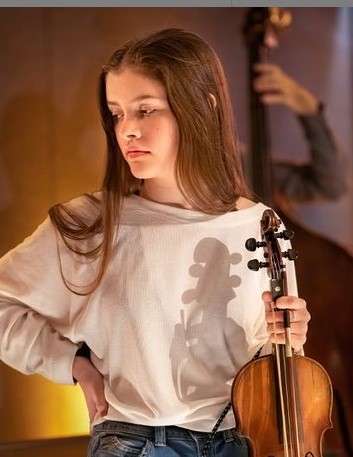
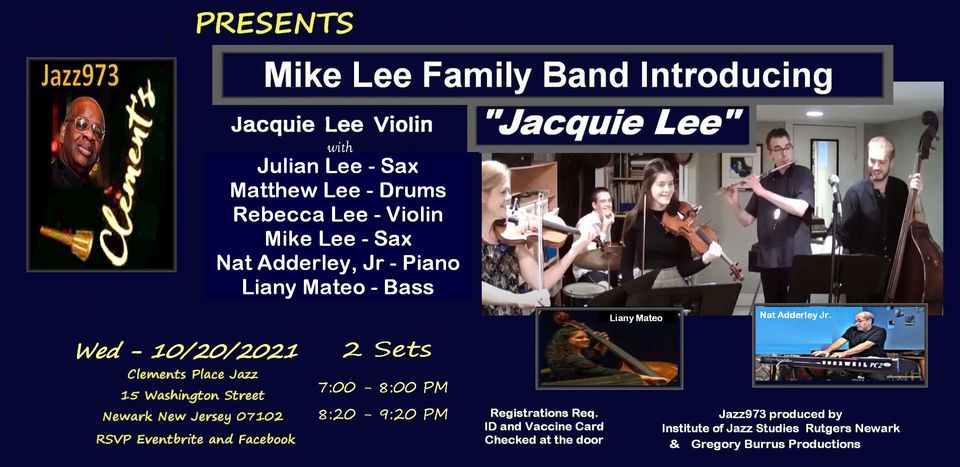
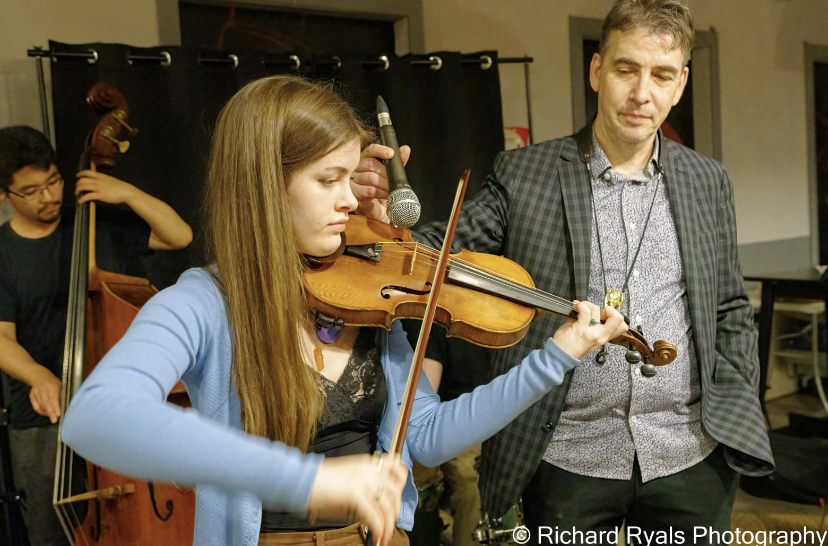

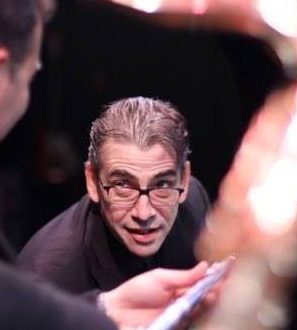
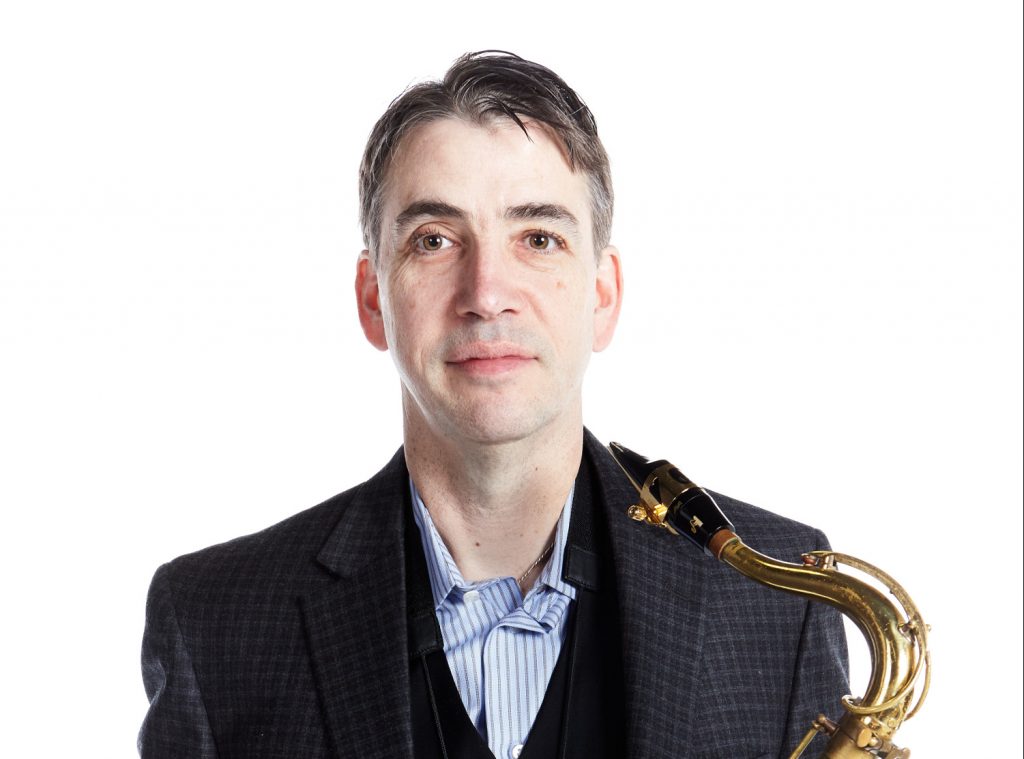
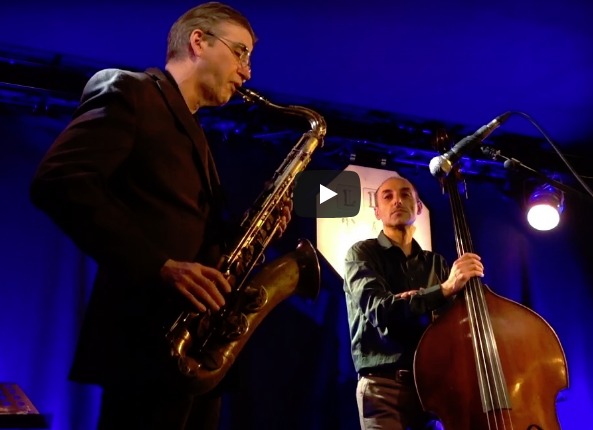
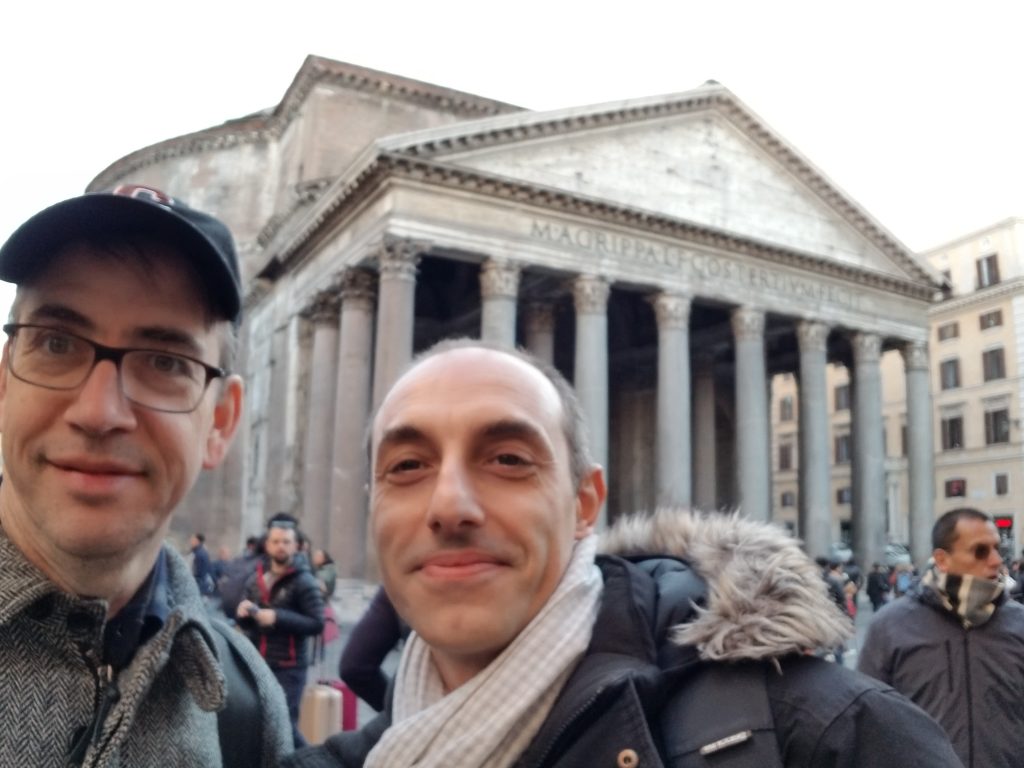
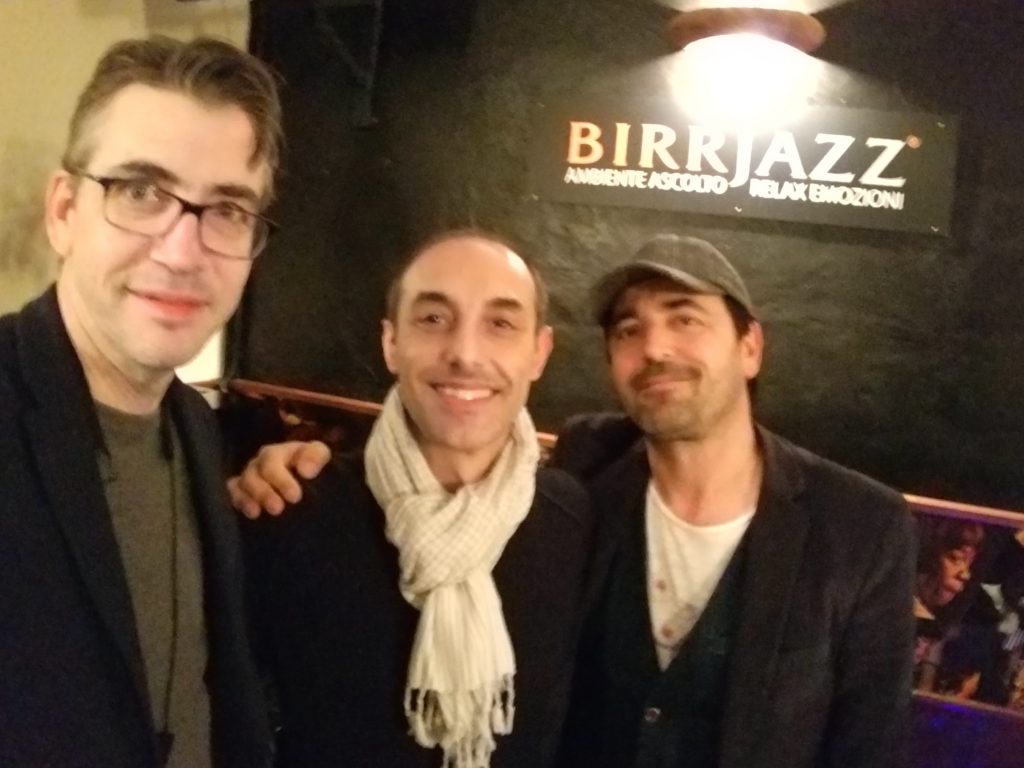
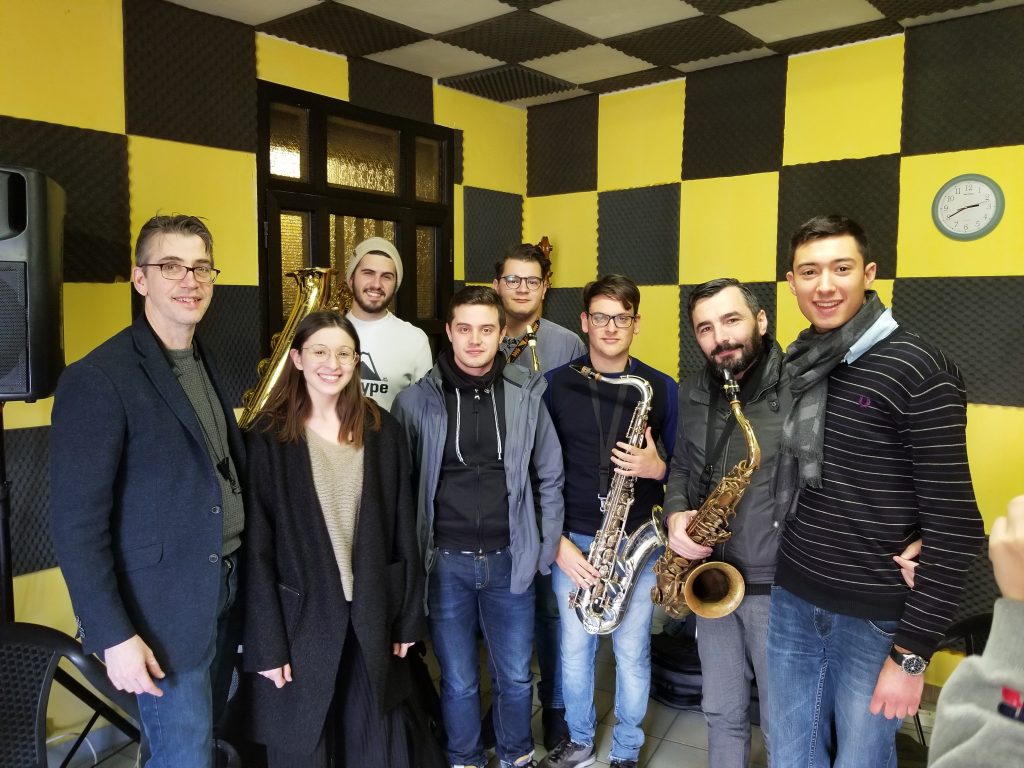
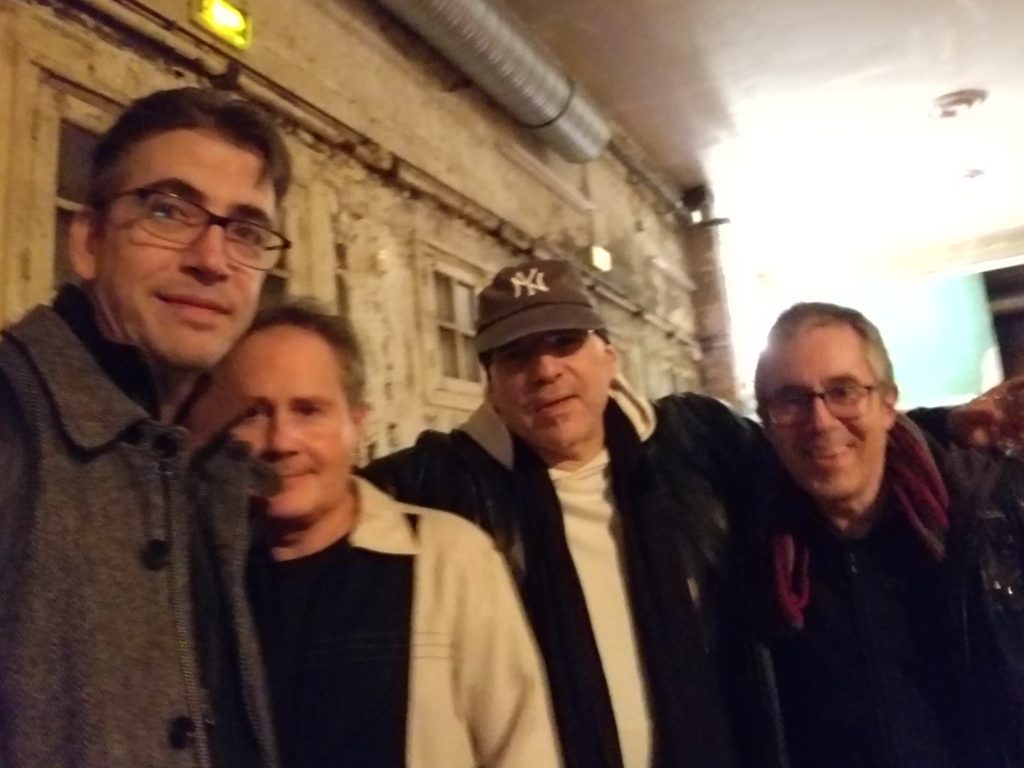
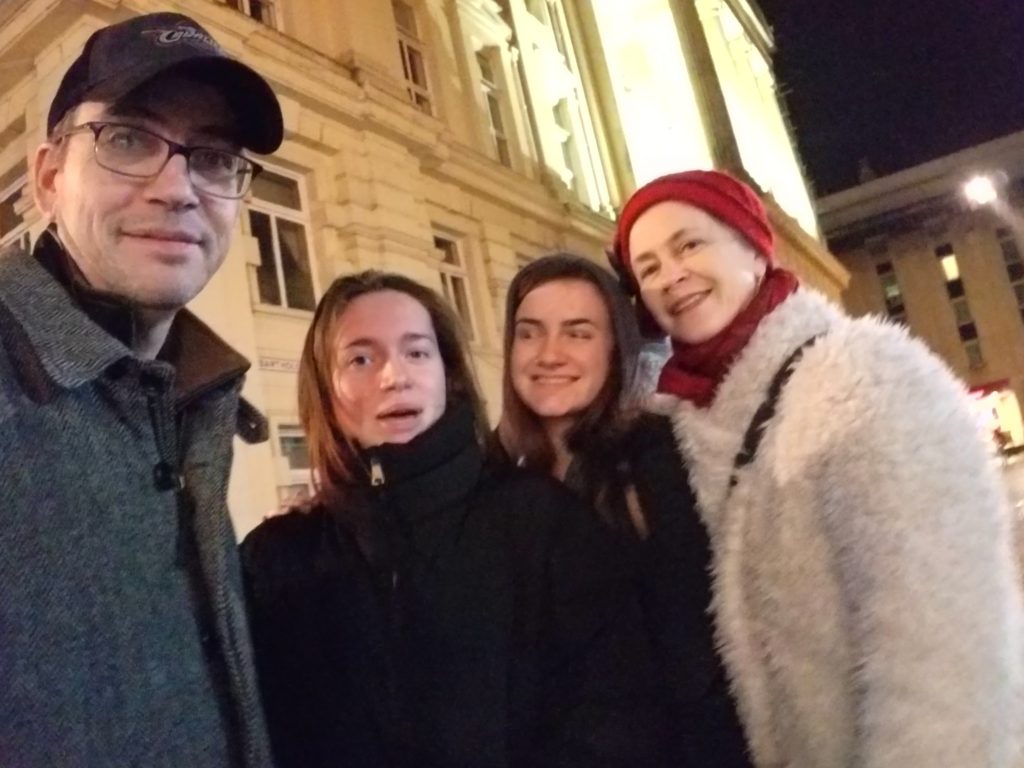
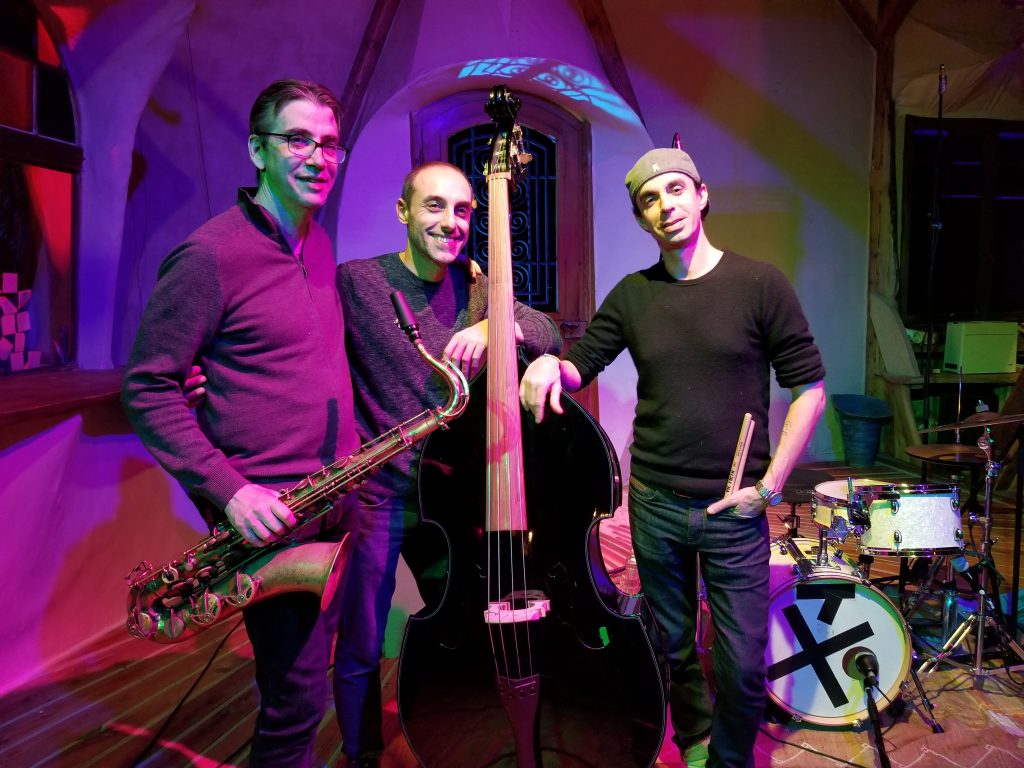
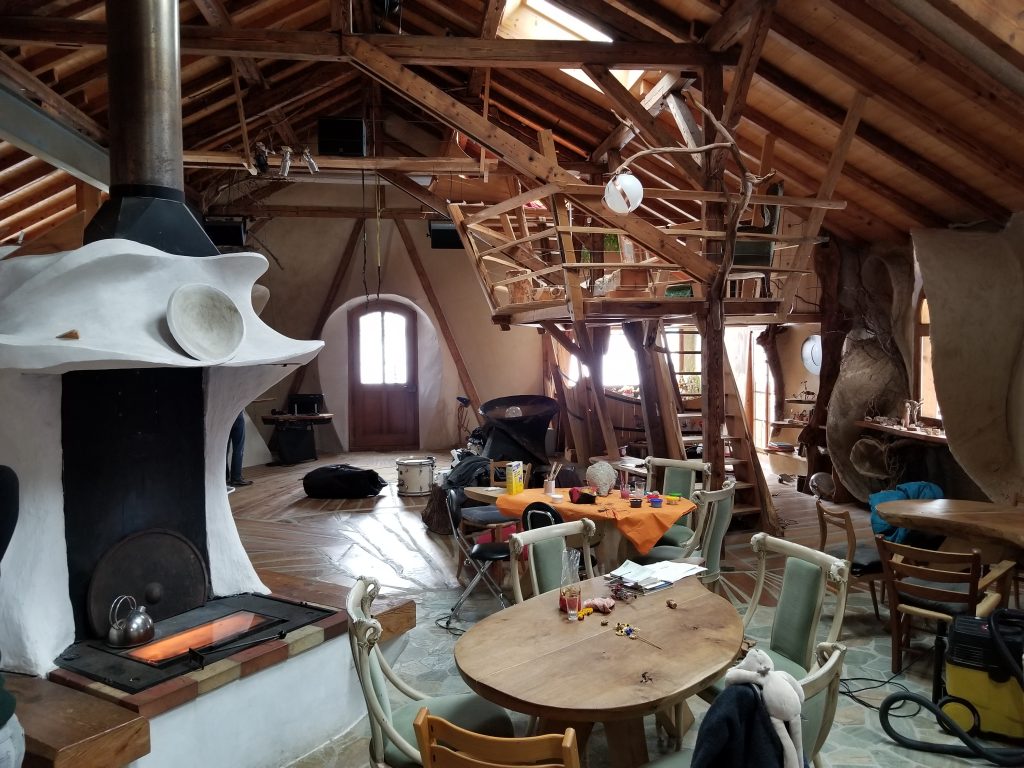
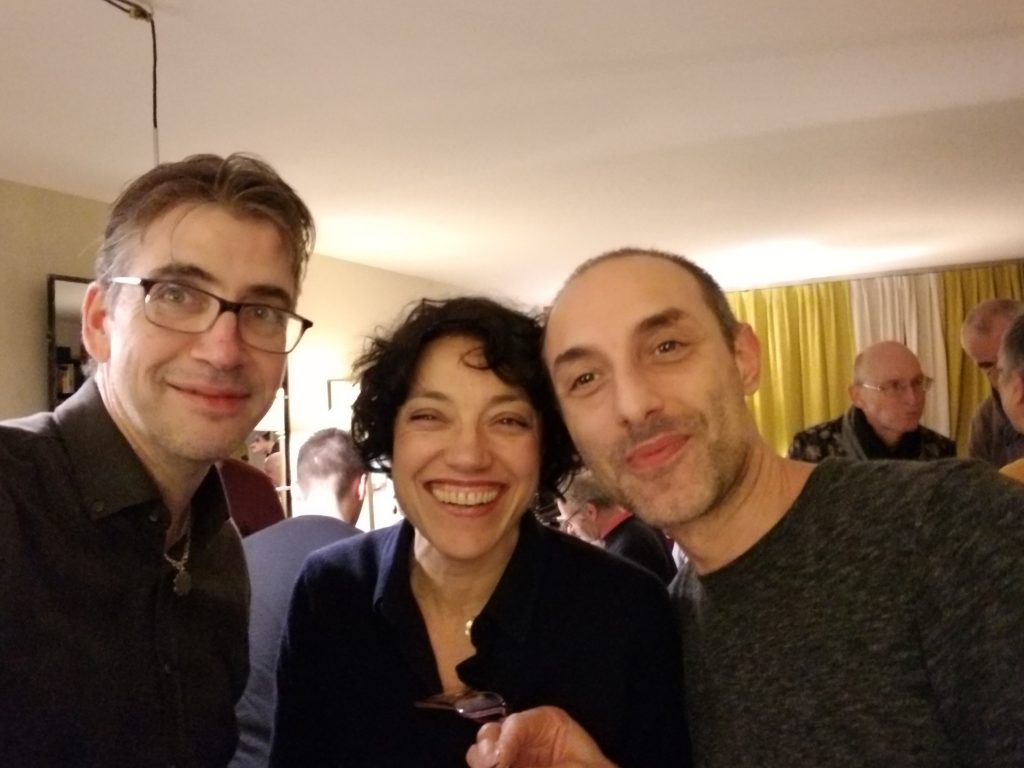
 As I started out saying yesterday, several situations have caused me to want to reevaluate aspects of my career and attempt to define where I am and where I want to go. The first situation, investigated ad naseum in
As I started out saying yesterday, several situations have caused me to want to reevaluate aspects of my career and attempt to define where I am and where I want to go. The first situation, investigated ad naseum in 
